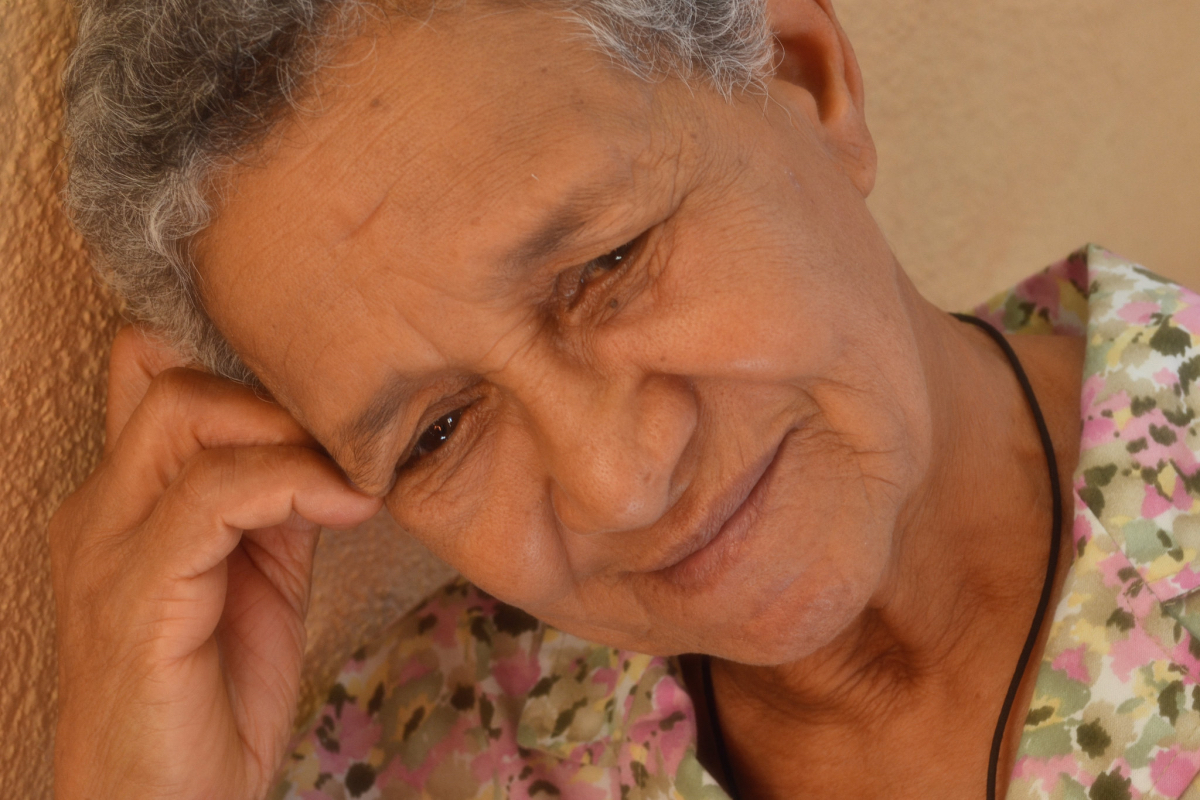By Dr. Yanira Cruz
America has transformed immensely over the past 18 months, with upgrading our infrastructure next on the list of big changes. However, what exactly falls under infrastructure is still to be determined.
Language. Culture. Family-centric. These values characterize our growing Hispanic aging population, which will represent one in five older Americans by 2050. While the growth of this population is exciting, our Hispanic elders face a barrage of challenges that stem from lifetimes of discrimination, leading to immense complications regarding their health, economic security and more. This unfortunately hinders their ability to enjoy healthy and meaningful lives in their golden years.
In a time where being healthy is of the utmost importance, the health of Hispanic seniors is a major concern and a roadblock to successfully aging. It’s estimated that more than 80 percent of these people will have at least one chronic health condition in their lifetimes. Additionally, they have a 66 percent greater risk of developing type 2 diabetes, and typically face worse outcomes than non-Hispanic whites once they’re diagnosed.
What’s more, any significant health situation is typically compounded by a lack of meaningful access to health care for these individuals. Hispanics have the highest uninsured rates of any racial or ethnic group in the United States. Only 50 percent have private insurance coverage, compared to 75 percent for non-Hispanic whites, according to the Census Bureau.
Their economic situations are no better. Currently, the poverty rate among Hispanic seniors is a staggering 17 percent. Furthermore, Latinos as a whole make up 28 percent of the poverty rate in the U.S., despite only representing 19 percent of the total population.
We unfortunately see these instances in many other facets of life for our Hispanic seniors, who deserve more adequate care, services and resources to mitigate further complications for them and future generations.
While there’s a lot to celebrate for Hispanic older adults, these severe challenges must be addressed to ensure older adults can age securely, with dignity, greater self-sufficiency, and in the best possible health.
Policymakers can play a pivotal role in ensuring our elders get the support needed by passing the $3.5 trillion human infrastructure bill and ensuring it addresses the disparities facing Hispanic older adults. That’s why it must include funding for diverse elder care and services that specifically would address these profound disparities, as outlined by the Diverse Elders Coalition (DEC).
The DEC’s proposal would allocate $450 million over eight years to support the disproportionate needs of diverse and LGBT+ older adults. This includes $120 million to help Hispanic older adults in a variety of ways, such as cyber education to close the digital divide, job training, funding to address health inequities and more.
While $450 million may seem like a big ask, to put it into perspective, this would have only been .01 percent of the proposed $400 billion for elder care services in President Biden’s original American Jobs Plan. It may only be a fraction of the now-proposed human infrastructure bill’s funding, but this investment will make a great impact on seniors from the Hispanic community.
As conversations continue on Capitol Hill, elected officials from both parties need to examine whether or not they respect and value the elderly population, especially Hispanic and Latinx seniors. If they truly want to provide proper infrastructure for all Americans, ignoring these citizens is no longer an option.
***
Dr. Yanira Cruz, President and CEO of the National Hispanic Council on Aging. Twitter: @NHCOA.



